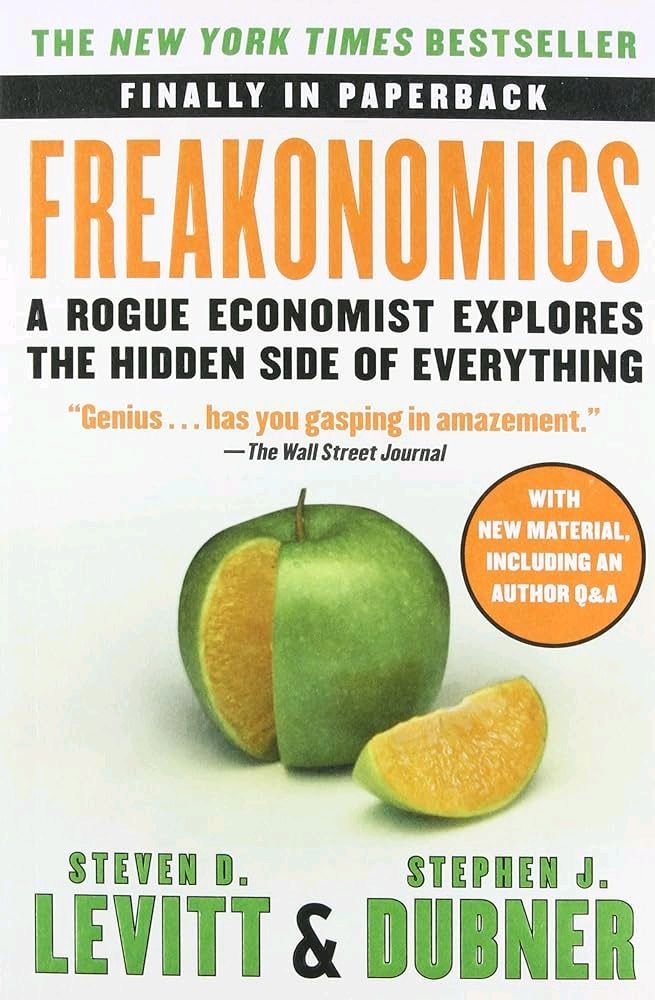Public goods can lead to free rider problems from "summary" of Public Finance by Harvey S. Rosen
Public goods are goods that are non-excludable and non-rival in consumption. This means that individuals cannot be prevented from consuming the good, and one person's consumption of the good does not reduce the amount available for others. Examples of public goods include national defense, clean air, and lighthouses. Due to their non-excludable nature, individuals can benefit from public goods without having to pay for them. This creates a free rider problem, where individuals have an incentive to "ride free" on the contributions of others. Since individuals cannot be excluded from enjoying the benefits of public goods, they may choose not to contribute to their provision, hoping that others will cover the costs instead. The presence of free riders can lead to under-provision of public goods. If everyone acts in their own self-interest and chooses not to contribute, the public good may not be provided at all or may be provided ...Similar Posts
Fiscal policy influences government spending and taxation
Fiscal policy is a powerful tool that governments use to steer their economies in a desired direction. This tool involves makin...
The endowment effect skews perceptions of value
The endowment effect is a curious phenomenon that reveals how people often overvalue objects simply because they own them. This...

Making connections between seemingly unrelated factors can offer valuable insights
The world is full of complex and seemingly unrelated factors, but sometimes the key to understanding them lies in making connec...
Market economies prioritize individual enterprise
In market economies, individual enterprise takes precedence over centralized planning or collective decision-making. This means...
Evolution of political thought
The evolution of political thought is a fascinating journey that has unfolded over centuries, shaping the way societies are gov...
Justice as reciprocity
The concept of justice as reciprocity is a fundamental aspect of the theory of justice put forward by John Rawls. According to ...
Human capital enhances economic productivity
Human capital refers to the knowledge, skills, experience, and attributes possessed by individuals that make them productive co...

Economic agents respond to incentives
Economic agents respond to incentives because incentives are the driving force behind human behavior. When individuals are pres...
Balance of payments reflects trade balance
The balance of payments is a crucial indicator of a country's economic health, as it provides a comprehensive overview of all i...
Tax planning can help minimize tax liability
Effective tax planning is a crucial aspect of managing one's finances and ensuring that tax liability is kept to a minimum. By ...
